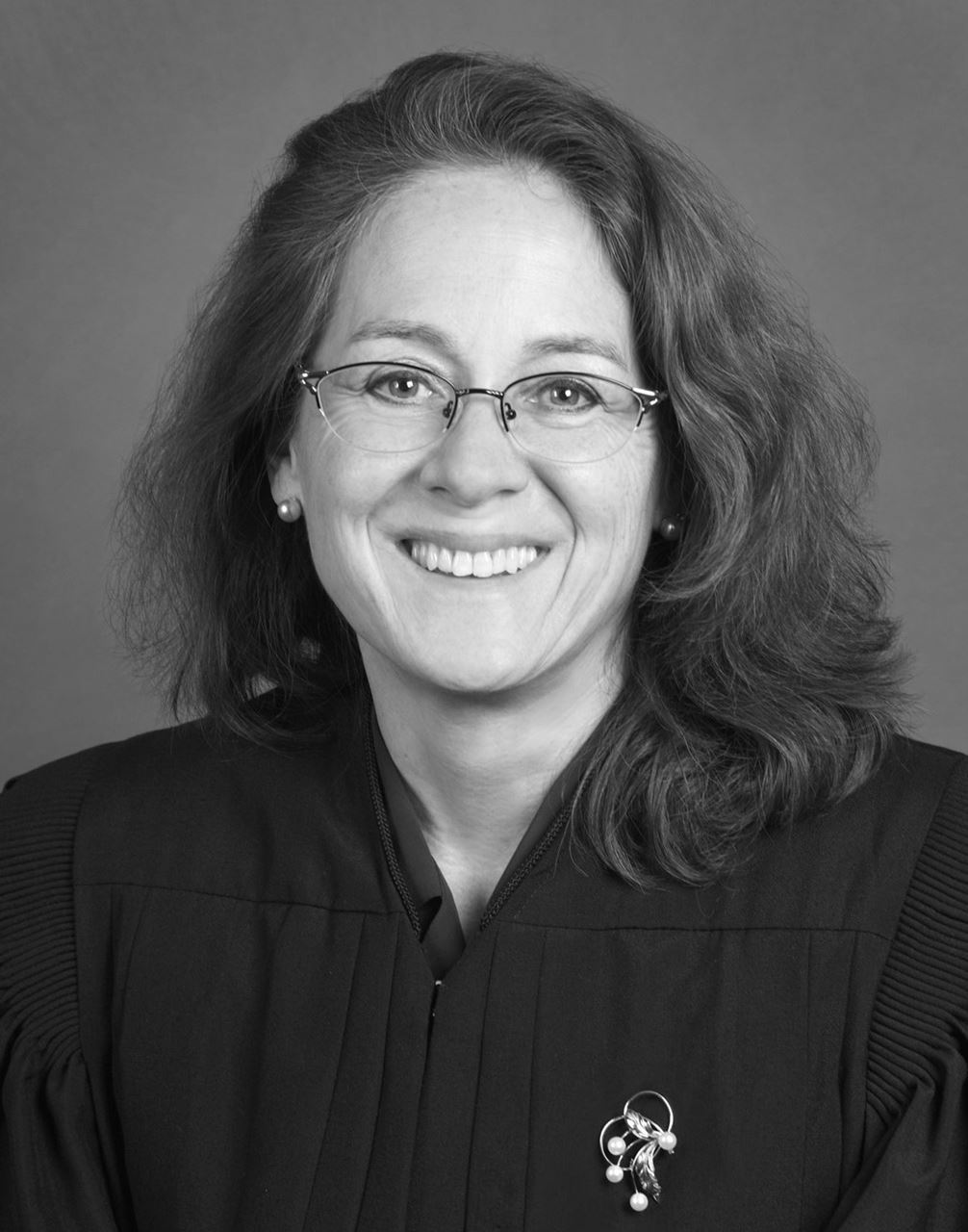Have you ever questioned your competence, felt like a fraud, doubted your accomplishments, or wondered how you made it this far in your career? If so, you are not alone. Imposter syndrome is a widespread issue among attorneys, judges, and legal professionals—distorting thoughts, undermining confidence, impacting professional performance, and leading to burnout and additional mental health issues. The legal profession is uniquely susceptible to imposter syndrome due to many occupational risks, including the adversarial nature of the work, the need to display confidence and conceal vulnerability, individual work, high-stakes work, perfectionist culture, and the constant pressure to meet expectations. Lawyers are trained to spot flaws and anticipate challenges—skills essential for legal success but ones that can fuel self-doubt and perfectionism further contributing to imposter thoughts.
By being better informed about imposter syndrome and addressing it, the legal profession can foster resilient, competent, and confident attorneys, strengthen professional ethics, and promote long-term well-being. This presentation combines a lecture-based format with interactive discussion. Presentation will:
- Define imposter syndrome and five subtypes commonly experienced by the legal profession.
- Examine contributing factors, including evolutionary programming, early and other life experiences, socio-cultural influences, discrimination, and other contributing factors.
- Analyze the impact of imposter syndrome on individual attorneys and organizations, including the ethical and business risks to firms and clients. Lawyers who overwork themselves to compensate for feelings of imposter syndrome risk poor decision-making, ethical lapses, and burnout. Others may hesitate to seek guidance for fear of exposing perceived incompetence, leading to costly mistakes that could impact clients, firms, and even licensure.
- Provide practical strategies to enhance psychological flexibility, manage self-doubt, and counter the inner critic, and discuss organizational approaches to addressing imposter syndrome, including mentorship programs, professional development, policies/procedures, and other well-being initiatives that foster a supportive legal culture.
CLE CREDIT
Attending members earn one wellness CLE credit as part of their membership benefits.
LUNCH
Lunch will be provided for attendees who register before April 18, 2025.
Hon. Kathleen M. Uston
Judge
Alexandria Circuit Court

Hon. Kathleen M. Uston began her service on the Circuit Court for the 18th Circuit in the City of Alexandria in April 2021. She received her juris doctorate from George Mason University School of Law in 1991 and, after passing the bar, went into private practice focusing in the areas of attorney ethical defense work, GAL representation, and civil litigation. Judge Uston served as Commissioner in Chancery for the Circuit Court for the City of Alexandria, as Assistant Bar Counsel with the Virginia State Bar for thirteen years and as adjunct professor of law at American University Washington College of Law teaching Ethics for Trial Lawyers. She is past President of the VSB Young Lawyers Conference, served as vice-chair of the American Bar Association Young Lawyers Division Solo and Small Firm Committee, and is former President of the Alexandria Bar Association. Judge Uston also served as President of the National Organization of Bar Counsel and as NOBC's Delegate to the American Bar Association House of Delegates. Judge Uston was a member of the National Task Force on Lawyer Well-Being, the Presidential Committee on Wellness of the Virginia State Bar, and a member of the Virginia Committee on Lawyer Wellness formed by Chief Justice Donald Lemons of the Virginia Supreme Court. Judge Uston is currently a member of the Supreme Court Wellness Advisory Committee. Over her career, Judge Uston has lectured extensively on the subject of attorney ethics and had the great honor of co-authoring the updated edition of Lawyers and Other People's Money with Frank Thomas, Esquire.
Hon. Sean A. Sherlock
Judge
Alexandria Juvenile & Domestic Relations District Court

Hon. Sean A. Sherlock is the Presiding Judge of the Juvenile and Domestic Relations District Court for the City of Alexandria, a position he has held since 2025. He previously served as a substitute judge in Alexandria since 2019. Judge Sherlock has a distinguished legal background as both a prosecutor and defense attorney, starting his career in civil litigation before becoming an Assistant Commonwealth’s Attorney for the City of Alexandria. In 2018, he moved to private practice, focusing on criminal defense, family law, and civil litigation.
Active in the legal community, Judge Sherlock previously served as Chair of the Fourth District Disciplinary Committee of the Virginia State Bar and as a board member for The Center for Alexandria’s Children. He has contributed to judicial best practices and organized initiatives within the Alexandria Bar Association. A dedicated educator, he has taught CLE courses on topics such as electronic evidence and constitutional law and is a faculty member of the Virginia State Bar’s Harry L. Carrico Professionalism Course. Judge Sherlock earned his B.A. in Political Science from The Pennsylvania State University and his J.D., cum laude, from American University, Washington College of Law.
Sarah Endres, Esq.
Northern Virginia Region Manager
Virginia Judges and Lawyers Assistance Program

Sarah joined VJLAP in 2023 as the Northern Virginia Region Manager. Prior to joining VJLAP, she worked as an Assistant Commonwealth Attorney at the Harrisonburg/Rockingham County Commonwealth’s Attorney Office. Sarah has also been an Associate Region Director for Kaplan, Inc, and worked in small law firms with practice focuses in patent and trademark and real estate law.
Sarah earned her undergraduate degree in Accounting and Political Science from Richard Stockton College of New Jersey and her law degree from the University of Virginia School of Law.
